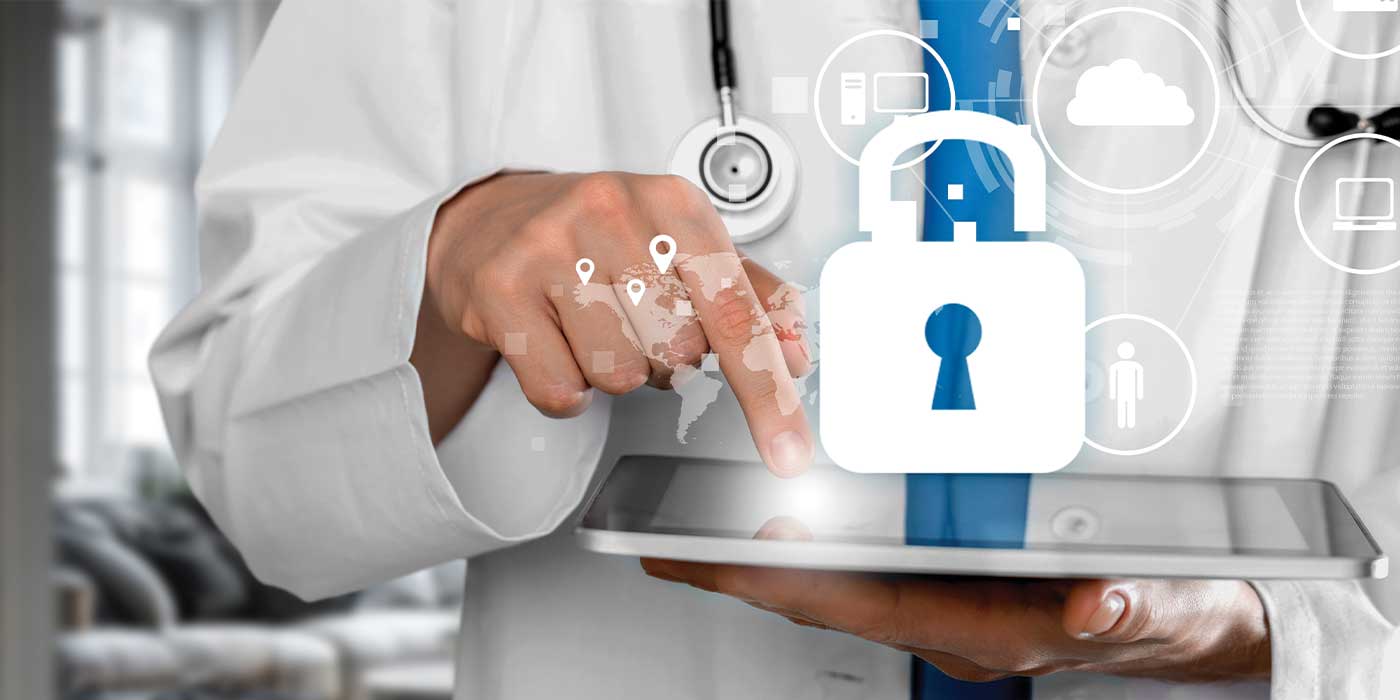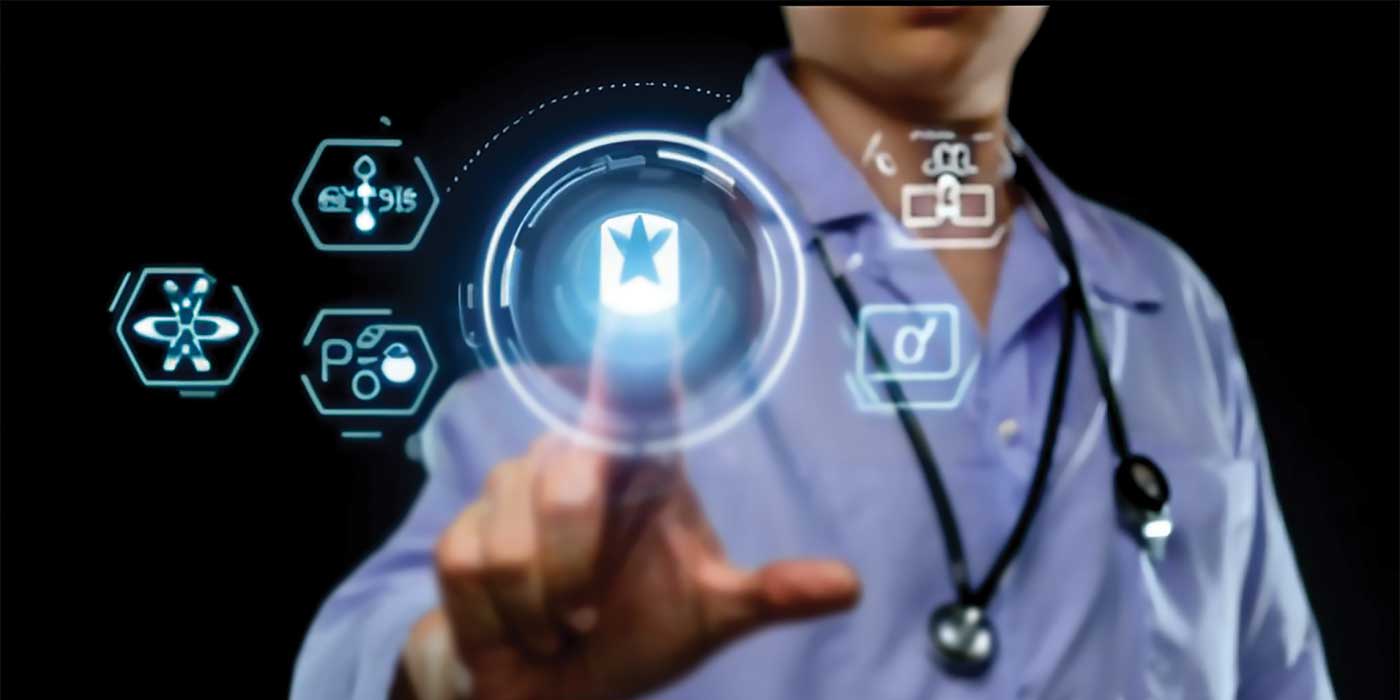Key Management Systems in Healthcare: Ensuring Compliance and Security
In the rapidly evolving healthcare landscape, security, and compliance are more critical than ever. Healthcare institutions face unique challenges in managing access to sensitive areas, protecting high-value medical equipment, and ensuring the privacy of patient data. Key management systems (KMS) offer a robust solution to these challenges, providing a streamlined, secure, and compliant way to manage access to restricted areas and critical resources. This article explores the importance of key management systems in healthcare, focusing on how they help institutions meet regulatory requirements, enhance security, and protect their assets.
The Unique Security Challenges in Healthcare
Healthcare facilities, including hospitals, clinics, and long-term care facilities, demand stringent security measures. These institutions house vast amounts of sensitive patient information and high-value medical equipment, pharmaceuticals, and controlled substances. Additionally, healthcare environments are often complex and operate 24/7, making security management daunting.
- Sensitive Areas and Controlled Access – Healthcare facilities contain numerous areas that require controlled access. These include operating rooms, intensive care units (ICUs), data centers, and storage areas for pharmaceuticals and medical supplies. Unauthorized access to these areas can have severe consequences, including the theft of medical equipment or drugs, breaches of patient privacy, and interruptions to critical care services.
- Regulatory Compliance – Healthcare institutions are subject to stringent regulations designed to protect patient information and ensure the security of healthcare environments. The Health Insurance Portability and Accountability Act (HIPAA) mandates that healthcare providers implement physical safeguards to protect patient data in the United States. Similar regulations exist worldwide, such as Europe’s General Data Protection Regulation (GDPR). Non-compliance can result in hefty fines, legal action, and damage to an institution’s reputation.
- High-Value Medical Equipment and Pharmaceuticals – The value of medical equipment and pharmaceuticals in healthcare settings cannot be overstated. Hospitals and clinics invest millions in advanced diagnostic tools, surgical instruments, and life-saving drugs. Ensuring the security of these assets is paramount to maintaining operational efficiency and providing high-quality care.
- Multiple Stakeholders and Access Levels – Healthcare environments involve diverse stakeholders, including doctors, nurses, administrative staff, and external contractors. Each group requires different levels of access to various parts of the facility. Managing these access levels while ensuring security is not compromised presents a significant challenge.
The Role of Key Management Systems in Healthcare
Key management systems offer a comprehensive solution to the security challenges faced by healthcare institutions. By automating and centralizing the management of physical keys and access credentials, KMS ensures that only authorized personnel can access restricted areas and sensitive resources. Here’s how key management systems contribute to security and compliance in healthcare settings.
1. Enhancing Security with Controlled Access
Key management systems allow healthcare institutions to control and monitor access to sensitive areas. By integrating with existing security systems, such as electronic access control and surveillance cameras, KMS will enable administrators to set specific access permissions for each individual based on their organizational role.
- Automated Access Control – With a KMS, access to keys and key cards is automated, reducing the risk of human error and unauthorized access. For example, a nurse may be granted access to the medication storage room during their shift, but their access will automatically be revoked once their shift ends. This level of automation ensures that only authorized personnel can access sensitive areas at the appropriate times.
- Real-Time Monitoring and Alerts – Key management systems also enable real-time monitoring of key usage. Suppose a key is not returned within a specified time frame or accessed outside designated hours. In that case, the system can trigger an alert, notifying security personnel of a potential security breach. This real-time monitoring is crucial for maintaining the security of high-risk areas in healthcare facilities.
- Customizable Access Levels – Different healthcare roles require varying levels of access. A KMS allows administrators to customize access levels for different individuals or groups. For instance, only senior staff members can access some high-security regions, while general access is more widely available. This customization ensures access is granted based on need, reducing the risk of unauthorized entry.
2. Ensuring Compliance with Regulations
Healthcare regulations are critical to any security strategy. Key management systems help healthcare institutions meet these regulatory requirements by providing a secure and auditable system for managing access to sensitive areas and information.
- HIPAA Compliance – HIPAA requires healthcare providers to implement physical safeguards to protect electronic protected health information (ePHI). A key management system supports HIPAA compliance by ensuring access to areas where ePHI is stored is strictly controlled and monitored. For example, access to server rooms or data centers housing patient records can only be restricted to authorized IT personnel.
- Audit Trails and Reporting – One of the key features of a KMS is the ability to generate detailed audit trails and reports. Every key transaction, including who accessed a key, when it was accessed, and for how long, is logged in the system. This information is crucial for demonstrating compliance during audits and investigations. In the event of a security incident, these audit trails can provide valuable insights into what happened and who was involved.
- GDPR and Global Data Protection Laws – Complying with data protection laws like GDPR is essential for healthcare institutions operating in multiple jurisdictions. A KMS can be configured to meet the specific requirements of different regions, ensuring that access to personal data is restricted and monitored in accordance with local laws. This flexibility is vital for global healthcare organizations that must navigate a complex regulatory landscape.
3. Securing High-Value Medical Equipment and Pharmaceuticals
Theft or mismanagement of medical equipment and pharmaceuticals can have significant financial and operational consequences for healthcare institutions. Key management systems play a crucial role in securing these valuable assets.
- Protecting High-Value Equipment – Healthcare facilities house a wide range of high-value equipment, from MRI machines to surgical instruments. A KMS can help preserve this equipment by ensuring that only authorized personnel have access to the areas where it is stored or used. For instance, a surgical suite may be equipped with a KMS that restricts access to only those scheduled to perform procedures, reducing the risk of unauthorized use or theft.
- Controlled Access to Pharmaceuticals – Pharmaceuticals, particularly controlled substances, require strict security measures to prevent theft, diversion, or misuse. Key management systems can be integrated with secure storage solutions to control access to these substances. For example, a pharmacy may use a KMS to manage access to drug storage cabinets, with each transaction recorded and monitored to ensure compliance with legal and regulatory requirements.
- Inventory Management – Besides controlling access, some advanced key management systems offer inventory management features that help healthcare institutions track the use of medical equipment and pharmaceuticals. By integrating with inventory management software, a KMS can provide real-time data on the location and status of assets, helping to reduce losses and improve operational efficiency.
4. Streamlining Operations and Reducing Administrative Burden
Managing access to keys and restricted areas in a healthcare facility can be time-consuming, particularly in large institutions with multiple departments and stakeholders. Key management systems streamline these operations, reducing the administrative burden on staff and allowing them to focus on their core responsibilities.
- Centralized Management – A KMS centralizes the management of keys and access credentials, making it easier for administrators to control and monitor access across the facility. With a centralized system, key allocations, permissions, and audit trails are all managed from a single interface, improving efficiency and reducing the risk of errors.
- Automating Routine Tasks – A KMS can automate many routine tasks associated with key management, such as issuing keys, changing access permissions, and tracking key usage. This automation saves time and ensures that security protocols are consistently applied. For example, if employees leave the organization, their access permissions can be automatically revoked, eliminating the risk of keys being used after departure.
- Reducing Key Loss and Mismanagement – Key loss and mismanagement are common issues in healthcare facilities, leading to security breaches and increased costs. A KMS reduces the risk of key loss by providing a secure, monitored environment for key storage. Keys are only accessible to authorized personnel, and their usage is tracked in real time, minimizing the chances of keys being lost or misused.
5. Case Studies: Real-World Applications of Key Management Systems in Healthcare
To illustrate the effectiveness of key management systems in healthcare, consider the following case studies:
Case Study 1: A Large Hospital Network
A large hospital network with multiple facilities across a metropolitan area faced challenges in managing access to sensitive areas, including operating rooms, data centers, and pharmaceutical storage. The hospital implemented a KMS that integrated with their existing access control system, allowing them to manage access permissions centrally. The system provided real-time monitoring and automated alerts for unauthorized access attempts, significantly enhancing the hospital’s security posture. Additionally, the hospital demonstrated HIPAA compliance during audits, thanks to the detailed audit trails generated by the KMS.
Case Study 2: A Long-Term Care Facility
A long-term care facility with a high turnover of staff and external contractors needed help with key management. Keys were frequently lost or misplaced, leading to security breaches and increased costs for rekeying locks. The facility implemented a KMS that provided secure storage and automated key issuance. The system also allowed administrators to set access permissions based on staff roles, ensuring only authorized personnel could access sensitive areas. The facility significantly reduced key loss incidents and improved overall security.
Case Study 3: A Research Hospital with High-Value Equipment
A research hospital specializing in advanced medical research needed to protect high-value equipment and sensitive data. The hospital implemented a KMS to control access to research labs, server rooms, and equipment storage areas. The system was integrated with inventory management software, allowing the hospital to track equipment usage and ensure that it was only accessed by authorized personnel. The KMS provided the hospital with the security and accountability needed to protect its valuable assets and maintain compliance with regulatory requirements.
As healthcare institutions face increasing security challenges, the importance of effective key management systems cannot be overstated. By providing a secure, centralized, and automated solution for managing access to sensitive areas and assets, KMS helps healthcare organizations meet regulatory requirements, protect their resources, and maintain the trust of their patients.
The integration of key management systems with other technologies, such as biometric authentication and artificial intelligence, will further enhance security and operational efficiency in healthcare settings. As these technologies evolve, healthcare institutions must remain vigilant and proactive in adopting solutions that address their unique security needs.
Key management systems are not just a tool for managing physical keys; they are a critical component of a comprehensive security strategy in healthcare. By investing in a robust KMS, healthcare institutions can ensure the security of their facilities, protect patient information, and comply with the complex regulatory landscape that governs the industry.
Address
USA | 7986 Rasor Dr., Frisco, Texas
CAN | 23172 123 Ave., Maple Ridge, BC
Phone
USA | 1-844-906-2175
CAN | 604-477-2262


